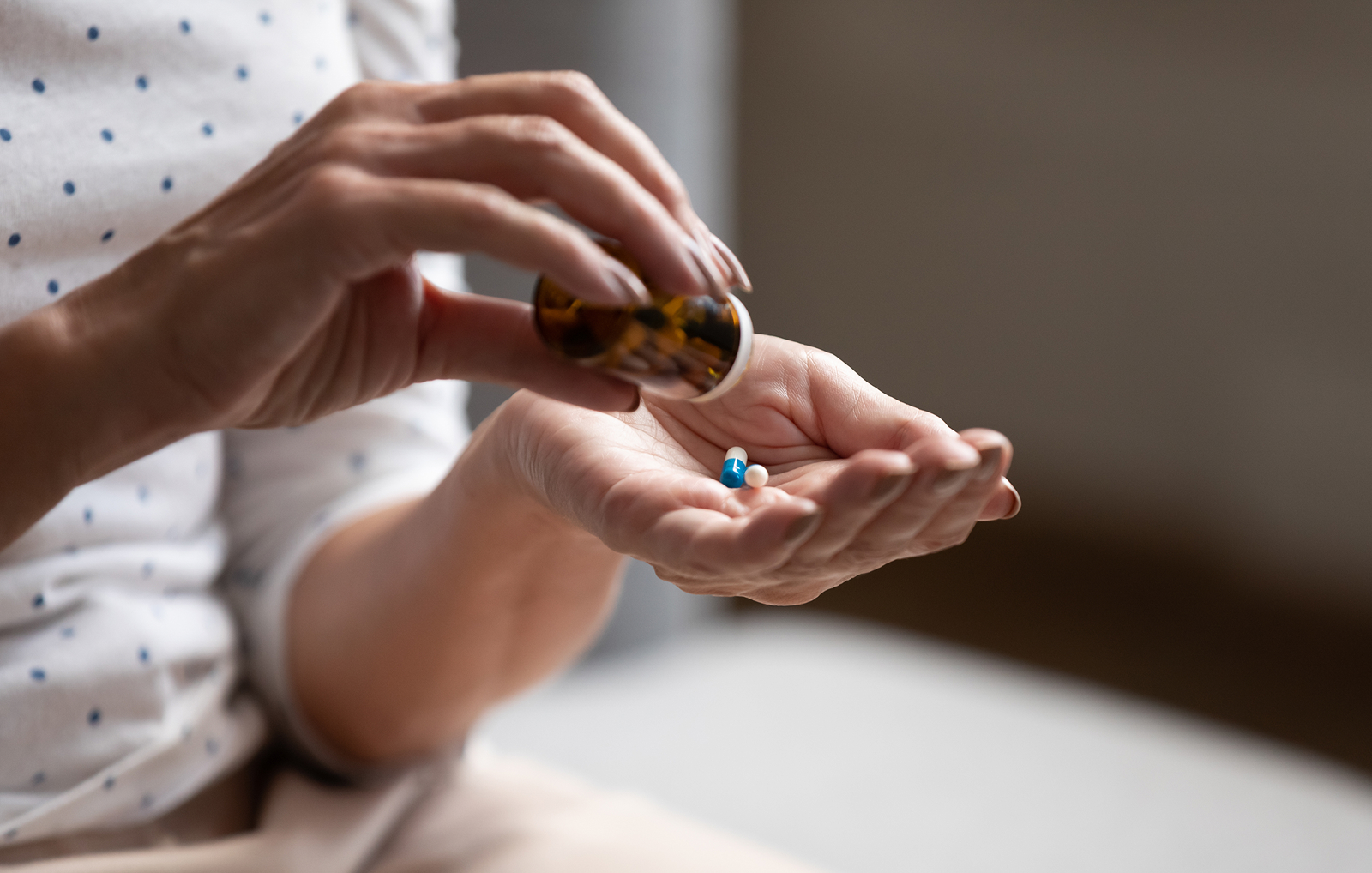
The right treatment for you will depend on your stage of CKD, your overall health, and any other conditions you may have, like high blood pressure, diabetes or heart disease.
Treatments for CKD aim to:
Many people with CKD take medicines to manage different parts of their health. You might be prescribed:
Your doctor will regularly review your medicines to make sure they’re working for you.
If your kidneys continue to decline, you may need to think about further treatment. This usually applies to people with Stage 4 or 5 CKD. Only a small percentage of people with CKD progress to these stages.
Your healthcare team may talk to you about:
It’s important to remember that these decisions don’t happen overnight. Your team will support you step by step and help you understand your options.
Alongside any medicine, healthy habits can make a big difference to the management of CKD:
Together, these changes can help you feel better, stay healthier, and reduce the chance of complications.
Disclaimer
This article is for educational purposes only and should not be used as a substitute for medical advice. Always speak to your doctor, nurse or pharmacist about your individual care. The information reflects NHS and NICE guidance at the time of publication.